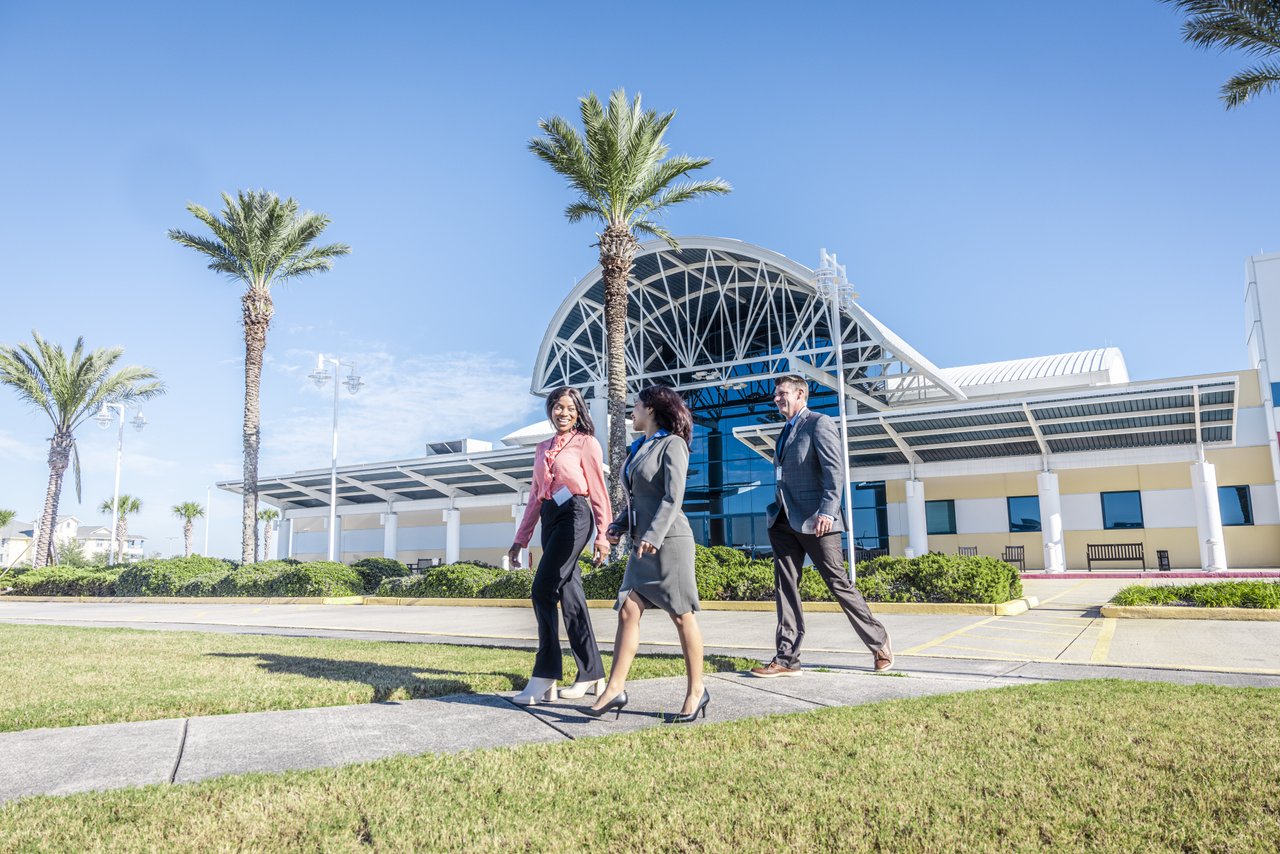
Green meetings are a hot topic. Yet a recent poll by ConventionSouth reveals only 13 percent of respondents have actually planned a green meeting. In honor of Earth Day and Arbor Day this month, we share expert tips from Eric Wallinger, director of sustainability for MeetGreen, a planning and management firm that offers sustainable consulting services. Wallinger holds a LEED professional credential from the U.S. Green Building Council and has more than 15 years of experience in event and conference planning, including for the Center for Ecoliteracy.
How do you think the meetings and events industry is doing in terms of sustainability?
In general, despite some truly significant pandemic-related headwinds over the past few years, I believe the industry has made meaningful strides in terms of its overall sustainability. On the planner side, overall interest, engagement, and fluency related to sustainability topics have never been higher. Many of our industry venues have also made ambitious strategic investments in lower-emissions infrastructure, whether that be onsite generation of renewable energy, purchasing renewable energy credits from their provider, or installing higher-efficiency building systems. We did see some slippage in terms of food and beverage single-use items in 2022, which was somewhat expected during the return to in-person events. Getting back to basics while steadily raising our ambition are key areas of focus.
What are some keys steps for planners to take toward sustainability?
Starting early and enrolling your key stakeholders. A world of possibilities becomes available when you incorporate sustainability requests as part of your negotiations and contracting with venues, hotels, and suppliers. If this is not possible, begin your sustainability planning five to six months before the event so that you have adequate time to enroll the variety of stakeholders and departments you will need to successfully execute your sustainability goals. Design and fabrication decisions, selection of service ware, and even data-collection logistics require owners assigned and some steps outside standard operations. It is critical to give your team sufficient time to create and successfully deploy its sustainable event plan.
What industry initiatives have had a big impact?
One that comes to mind is the QR code donations system that the IMEX team has implemented to help collect material donations from exhibitors during its America and Frankfurt [meetings industry trade show] events. In events both large and small, it can be hard to know which exhibitor has an item they would like to donate, when it should be picked up, and where it is located amid a sea of activity. By linking this QR code to a Smartsheet, exhibitors can easily input materials, even mid-show, which has made coordination much more logistically feasible. As a consequence, this has boosted overall recovery. In the last two event cycles alone, IMEX America has collected more than 38,000 pounds of event material for donation—approximately the weight of 117 baby elephants—because of this innovation.
What are the benefits for planners who make their meetings and events more sustainable?
Almost no one likes to waste their resources, and most brands at their core would prefer to avoid contributing negatively to the planet. The first step to responsibly managing something is measuring it. For example, in the case of event waste, look more closely at whether food is being over-ordered; what is happening to signage, branding, and carpeting; and what is the end-use of structures and built elements. Once we have a baseline, it is easier to see where opportunities for reduction and elimination are and the pathways toward creating actionable goals. What we continue to find is that very often, strategies like renting carpets or removing dates from key signage can extend the lifespan of materials, which in addition to saving waste, can save significant production costs.
What has attendee reaction been to the move toward more sustainable events?
Nearly across the board, attendees love to learn about what planners and venues are doing to make their meetings more sustainable. If you are organizing an event in 2023, it is extremely likely you will be asked about your conference carbon footprint and what you are doing to reduce/mitigate it. From our vantage point, one is much more likely to hear from attendees inquiring why they do not see evidence of sustainable measures in places, rather than from having them. Most convention attendees expect some baseline level of sustainability incorporated as the norm in our current events landscape.
Do you foresee increased costs stemming from the pandemic, supply-chain issues, and inflation causing planners to pull back on sustainability efforts?
We have seen increased costs for general event services across the board in 2022 and 2023, as well as supply-chain issues that have made sourcing some products temporarily challenging. The good news is, so far, planners have really remained committed in terms of making sustainability a key priority in their event. We are also witnessing encouraging evidence around the viability of sustainability sponsorships at our events. These can help defray costs associated with some sustainability initiatives or bolster critical pieces like carbon-offset budgets. Sustainable event sponsorships are an emerging trend we hope to see more of in 2023 and beyond.






